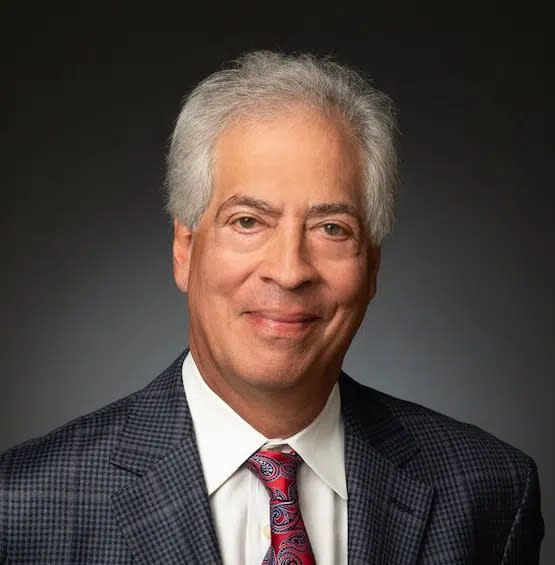While plastic surgery often takes the spotlight for its cosmetic enhancements, there exists another indispensable facet of this field: reconstructive surgery. Dr Lawrence Gray delves into the profound reasons why individuals should consider undergoing reconstructive surgery, emphasizing its role in restoring both function and form.
Decoding Reconstructive Surgery:
Reconstructive surgery stands as a specialized field dedicated to the restoration of function and aesthetics in individuals affected by a range of conditions. These conditions include congenital defects, developmental abnormalities, traumatic injuries, infections, tumors, and diseases. Reconstructive surgery strives to rectify areas of the body impacted either aesthetically or functionally, offering patients the opportunity to reclaim their best possible selves.
The Rationale for Opting for Reconstructive Surgery:
Repairing Physical Trauma: Dr Lawrence Gray Reconstructive surgery serves as a lifeline for those who have experienced physical trauma resulting from accidents, burns, or other injuries that have damaged their bodies. These surgical procedures can rebuild broken structures and restore function, providing patients with a valuable chance to regain a sense of normalcy and independence.
Battling the Scars of Disease: Reconstructive surgery offers a ray of hope to individuals who have fought diseases such as cancer, especially women who have undergone mastectomy due to breast cancer. Breast reconstruction can restore the breast to its normal shape and size, granting patients a profound psychological boost and a renewed sense of normality, post-treatment.
Dealing with Congenital Defects: Reconstructive surgery is a life-changing option for those born with congenital defects like cleft lip and palate, webbed fingers, or birthmarks. These procedures bring about profound positive effects on appearance, social acceptance, and overall quality of life, allowing individuals to embrace a brighter future.
Cosmetic Enhancement for Medical Reasons: In certain cases, reconstructive surgery incorporates cosmetic enhancements to support optimal function. For instance, rhinoplasty can address breathing issues while simultaneously enhancing the nose’s appearance. Likewise, eyelid surgery may improve the field of vision for individuals grappling with droopy eyelids, all while enhancing their aesthetic appeal.
Enhancing Self-Image and Confidence: The ability to look normal or regain a lost part of oneself is a pivotal aspect of reconstructive surgery. It empowers patients to overcome insecurities about their bodies, thus elevating their self-confidence and transforming their interactions with the world around them. This newfound self-assurance can have a far-reaching impact on one’s personal and professional life.
Conclusion:
Dr Lawrence Gray insights underscore the paramount importance of reconstructive surgery in the realm of medical and aesthetic interventions. Beyond the surface, reconstructive surgery serves as a beacon of hope, offering individuals a chance to regain function and appearance, overcome the scars of disease, and boost their self-image and confidence. It is a testament to the transformative power of medicine and its ability to enhance the lives of those it touches.



